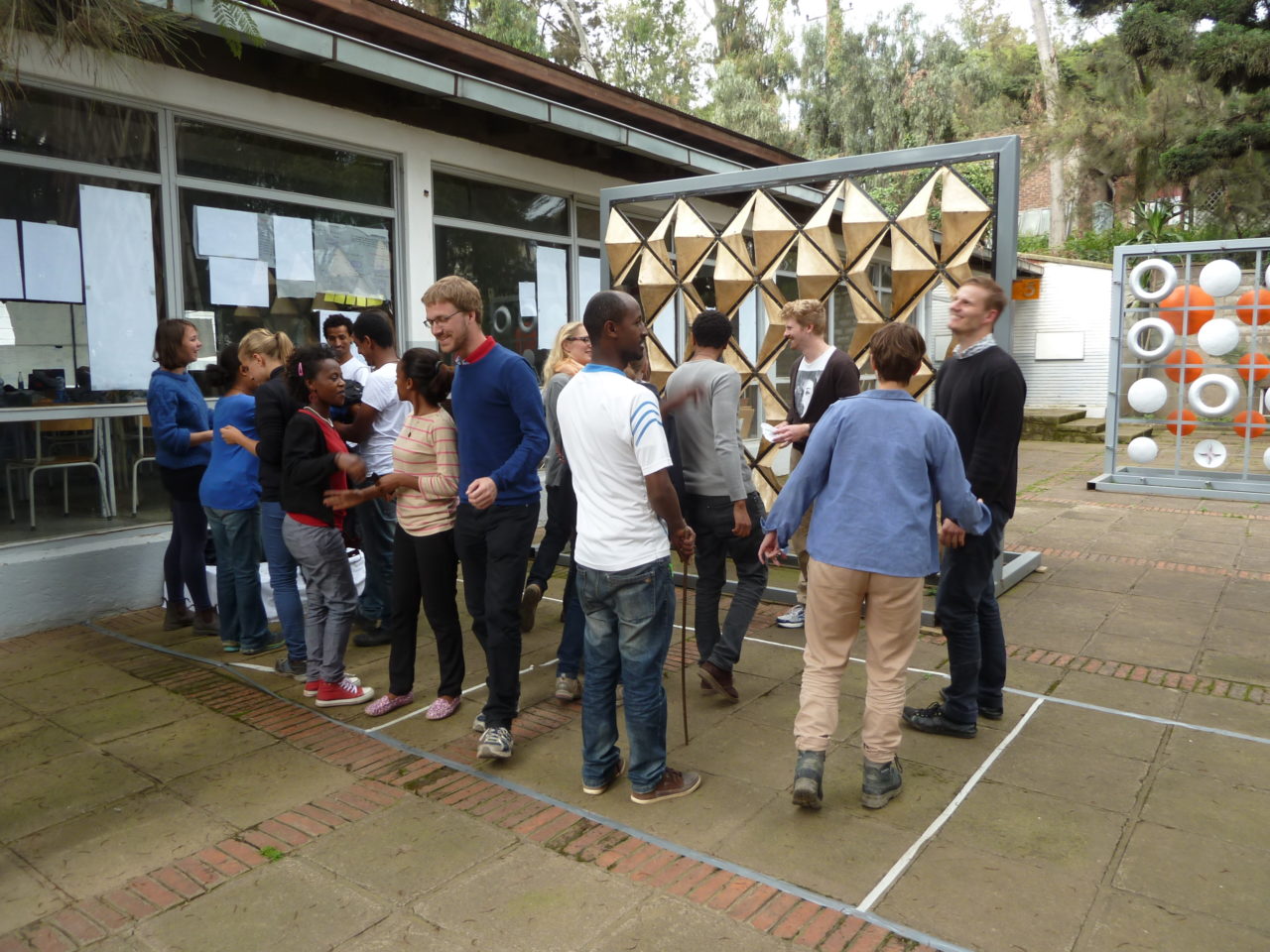
In an increasingly interconnected world, the question of how to adequately prepare prospective architects, urban designers and planners for an international working environment is a crucial topic. The practitioners’ challenging tasks not only include how to appropriately engage with particular conditions on the ground, but usually ask to critically reflect on established design practices as well. The chair of Prof. Marc Angélil has engaged with this subject matter by experimenting with different teaching frameworks over the past decade.
Global urbanization and international practitioners
Embracing the reality of an international, interrelated working environment and the surge of global urbanization – particularly in the so-called Global South – two particular teaching formats have been pursued to address an array of urban settings: The Master of Advanced Studies in Urban Design (MAS UD), and Student Research & Design Workshops. While the MAS UD is a recurring year-long program allowing an international group of professionals to deal with issues of urbanization in developing territories, the Research & Design Workshops are held occasionally, providing ETH master students the opportunity for a short and intensive trip to a foreign context and to delve into a relevant urban issue. Although differing regarding time, topics and involved students, the two formats share particular attributes that could – in an analogy to the think global, act local paradigm – be described as an educate global, teach local approach.
Educating with a global attitude
Both teaching frameworks not only seek to incorporate the obvious geographical diversity that presents new contexts, unknown histories and room to reflect on cultural conventions, but also apply the term «global» to a more comprehensive understanding of design work that includes research, problem definition, interdisciplinarity and transdisciplinarity. Confronted with an array of different actors, diverse geographical settings, and – for example – political, economic and sociological issues, educating global accordingly asks design students to develop proposals through a more wide-ranging and thus global outlook.
Teaching with a local footing
In parallel, both teaching formats are naturally linked to physical localities and face-to-face encounters. Here, teaching local adheres to the fact that design and planning processes are inseparable from the tangible world – be it within the university’s design studios or in the physical environments of the respective international contexts. Resulting from personal exchanges and discussions on the one hand and embedded in a specific physical location on the other hand, «local» both means a lively exchange between teachers, students as well as other educational actors, and getting directly involved with the given context by conducting field work and cooperating with local partners and stakeholders on site.
A new generation of reflective practitioners
Finally, fostering a comprehensive and critical design approach that merges both conceptual knowledge and tangible experiences, the described teaching formats aim at incorporating the aspect of problem definition into design processes as well. Rather than primarily focusing on problem solving, «problem setting» – as described by Donald A. Schön in The Reflective Practitioner – represents an elemental aspect when working in foreign contexts, because initially assumed challenges and problems often do not turn out to be what they appear to be at first sight. Thus, in this regard, the notion of educating global and teaching local ultimately aspires to support future architects, urban designers and planners to become a new generation of international, reflective practitioners.
Sascha Delz is an architect, urban researcher and design instructor. He currently holds a postdoc position at the Institute for Urban Design of ETH Zurich.